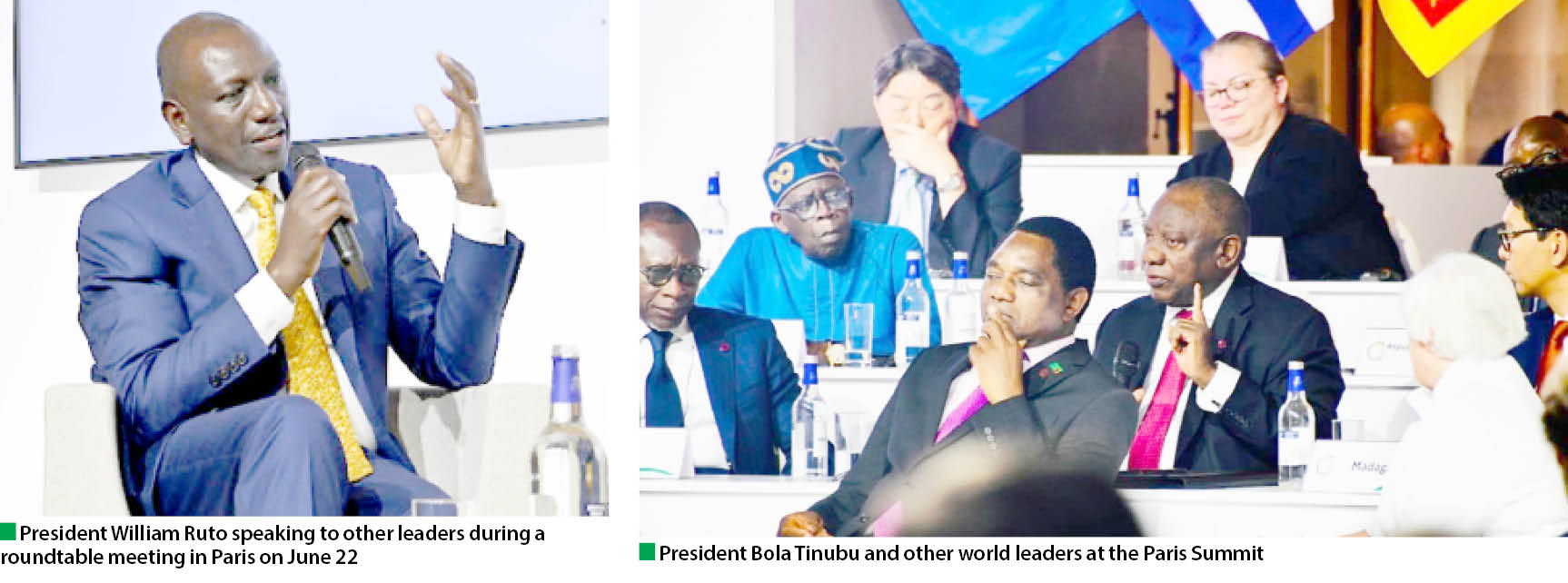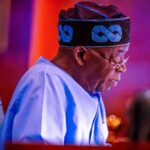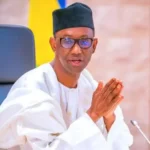The outrage that trailed the transit of African leaders in a bus at the funeral of Queen Elizabeth in England last year and the rejection of large gatherings of African leaders in individual countries, such as the Africa-China summit, and Africa-US summits, among other things, are indications that Africans are fed up with the seeming downgrading treatments it is faced with in global affairs.
African leaders at the summit for a new global financing pact in France are not mincing words in letting the world know that Africa deserves to be treated as equals and not beggars while taking decisions that would impact the global economy.
In the context of post-covid recovery efforts, the impact of climate change and the Russia-Ukraine war, African leaders were unanimous in their call for reforms in the existing multilateral financial institutions and frameworks that would allow Africa be part of the solution and not the problem.
It was also argued that to mitigate the impact of climate change on the global south, the northern hemisphere should consider climate financing as a task that must be done in the interest of humanity and not a favour to developing countries.
- Despite Guidelines, Nigerian Airlines Not Paying Compensation For Delays
- Borno: How Biu, Shani LGAs became open defecation free
The new global financing pact summit
To set the foundations for a new global financing architecture beyond the Bretton Woods system to simultaneously address climate change, biodiversity and development challenges and help all countries achieve the Sustainable Development Goals, heads of states and representatives from 32 countries, international financial institutions, civil society organisations in the past week gathered in Paris, France at the instance of President Emmanuel Macron.
The four major objectives of the summit are: to restore fiscal space to countries facing short-term difficulties, especially the most indebted countries, promote private sector development in low-income countries, encourage investment in green infrastructure for the energy transition in emerging and developing countries and mobilise innovative financing for countries vulnerable to climate change.
What Africa wants
President William Ruto of Kenya and President Cyril Ramaphosa of South Africa, in separate remarks, advocate debt restructuring for low-income countries and express the need for the African continent to be at table where global financial decisions are taken.
The duo, while criticising the lack of commitment on the part of developed countries to climate financing, reiterated the need for an effective global approach to mitigate the impact of climate change on low-income countries.
We were set up to be in debt – Kenyan president
While calling for emergency liquidity for low-income countries, Kenya’s President Ruto described Africa’s debt crises as a setup by global financial systems.
In his submission he said, “We should not leave this conference until we agree on what we are going to do to get many countries in the global south to at least be able to have a conversation by sorting out their immediate issues. And the immediate issue there is no space for debt anymore.
“We need to reform the multilateral development financing institutions; the international financial architecture is not seating pretty.
“The United Nations (UN) secretary-general said this morning that there are countries that are paying eight times in interest what the rest are paying. He was referring to those of us in Africa and largely in the global south. And that is why our being in debt is not by default, we were set up by the system to be in debt.”
Ruto went further to propose a 10-year suspension of debt repayment for low-income countries, a 50-year loan repayment tenure and a 10 to 15-year extension of grace period.
This will enable low-income countries to focus on issues that require immediate attention and consequently increase revenue base to drive development, Ruto said.
In the aftermath of the COVID-19 pandemic, many African countries found themselves at the lowest ebb of liquidity, unable to service debts and finance capital projects that will drive economic growth and development.
In fact, the International Monetary Fund (IMF) has classified 60 per cent of low-income countries as being at high risk of or already in debt distress, up from about 40 per cent prior to the pandemic in 2019.
We should be treated as equals – South African president
Echoing similar submissions, President Cyril Ramaphosa of South Africa said, “There should be solid consensus on the reform of the international architecture of the world because without that reform, the dreams and objectives we have will not be realised.
“The boards of directors of the multilateral institutions are not independent directors, they are largely internal people or shareholders, so that in itself for us is an important reform.
“We also need to look at the distribution of special drawing rights. I find it a bit difficult to be told that this is setting the rules and it will forever be like that. In our view this is not a zero-sum game, it is a game where we need to be dealt with equity in an equitable manner and there is a need for a reform in that regard.”
“It is important in the new era that the world as it is in now, there should be a good measure of equality among sovereign nations.
“Africa should never be seen as the continent that needs generosity. We want to be treated as equals. Even in multilateral institutions we want to be treated as equals, and if our liquidity is at the lower ebb, there must be ways that can be addressed. To us, this is very important,” Ramaphosa said.
Problem with Bretton Woods Institutions (IMF/World Bank)
One of the major drawbacks of the existing international financial architecture is the limitation of voting powers for low-income countries in the global south as voting power and decision-making depend on its member countries’ relative economic position or shares.
The World Bank, for instance, has 189 member countries, represented by ministers of finance or heads of central banks, which form the highest decision-making organ of the World Bank – Board of Governors.
However, the Board of Governors has delegated its powers to a 25-member Board of Directors responsible for the conduct of the general operations of the bank. The executive directors consider and decide on loan and credit proposals made by the president, and they decide policy issues that guide the general operations of the bank.
Under the International Bank for Reconstruction and Development (IBRD) Articles of Agreement, each of the five members having the largest number of shares appoints an executive director, and the remaining members elect the other executive directors. Presently, the IBRD board consists of 25 executive directors.
Climate financing
The failure to meet the goal of mobilising $100billion annually to support developing countries cope with the challenges of climate change is also an issue that bothers African leaders at the summit for new global financing pact.
For South African President Cyril Ramaphosa, the tyre must hit the tar now. “To prove that this summit are not summits where we just talk flowing from the Paris cop, as well as others. Let us now put money on the table and collectively say we are going to address this mega project (Inga Hydroelectric power) which will in the end generate electricity for up to 12-15 African countries all at one go. And this is a project I think the multilateral development banks working together can actually fund. As we rise from this, we should be able to say the Inga Dam is now developed into Inga power station.”
In his submission, the Kenyan president, Ruto believes the lack of commitment to the $100billion goal for climate finance is due to conflict of interest in the framework for loss and damage; hence the need to set up a global financing mechanism.
According to him, loss and damage is hostage to national interests. “No country is going to give money from its people to sort out a global problem because in a contest between national interest and global interest, national interest will always win in the morning.
“We must get a new financial architecture around climate financing. We want one that does not bring the baggage and the toxic conversation of North versus South. We do not want a conversation that is going to take us to developing versus developed, emitters versus non-emitters.
“The rest of us from the African continent have always been in the corner of problems; we don’t want to be in the corner anymore.”
“We want to be at the table where we are all looking for solutions. That is why we are in this conference. We have not come here to complain to anybody, we’ve come here to look for a solution, we want to come up with a win-win.”
Ruto added his voice to the call to have a carbon tax that is agreed as a duty. “The EU parliament has agreed on financial tax. We want a global financial transaction tax where even us from African continent we pay. So that once we raise the money globally, everybody pays, so that there are no shareholders,” he said.
More talk, less action
After the end of the two-day summit, some of the proposals by African leaders were received with laxity as it did not materialise into a concrete resolution.
The summit rather ended with a list of events and meetings in the next year and a half and score of progress reports on previous pledges by countries and international organisations.
But in the context of new global realities impacting on the African continent, the need for African leaders to take their place on the table of global decision making is not for tea party or photograph but for the survival of Africans.




